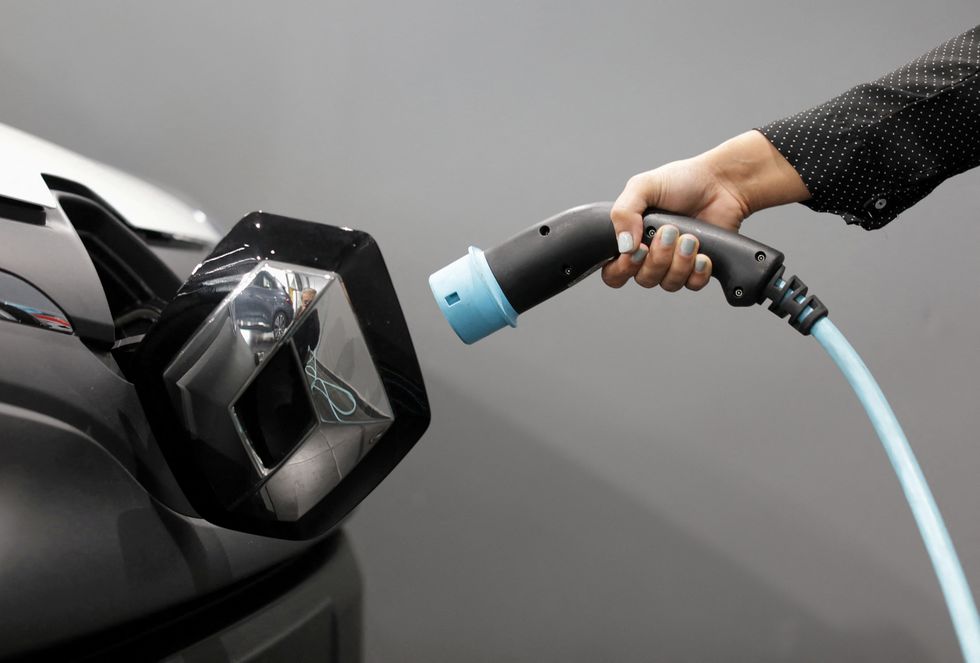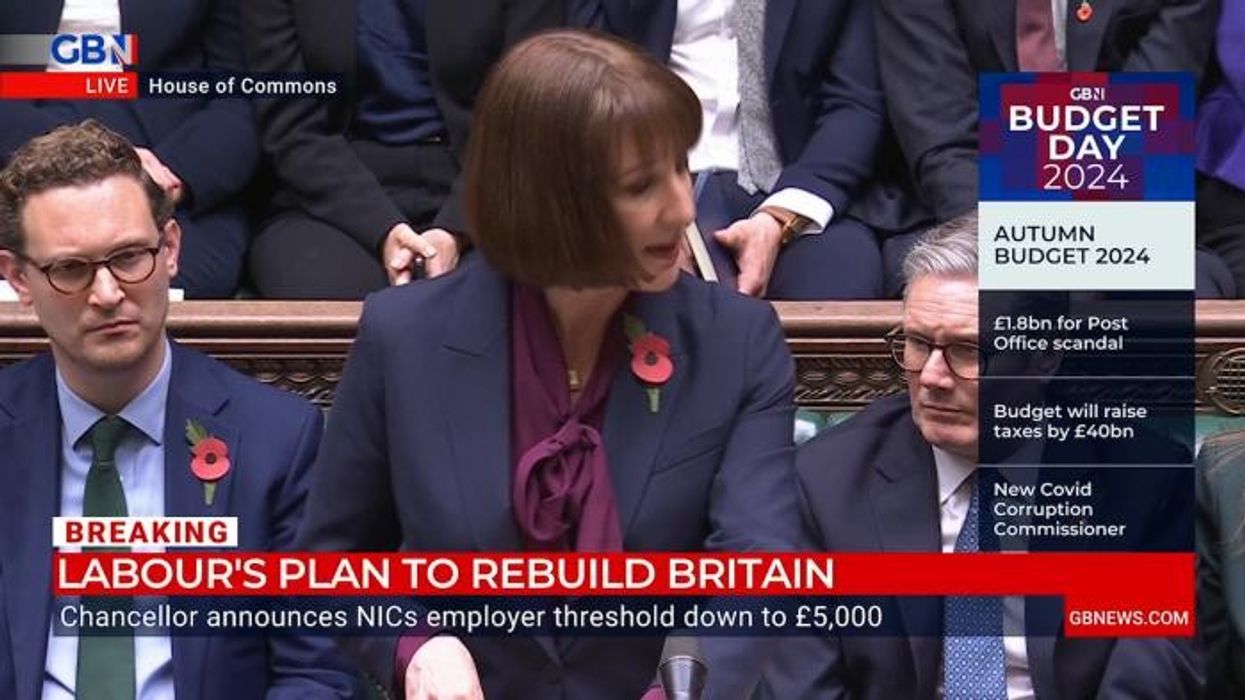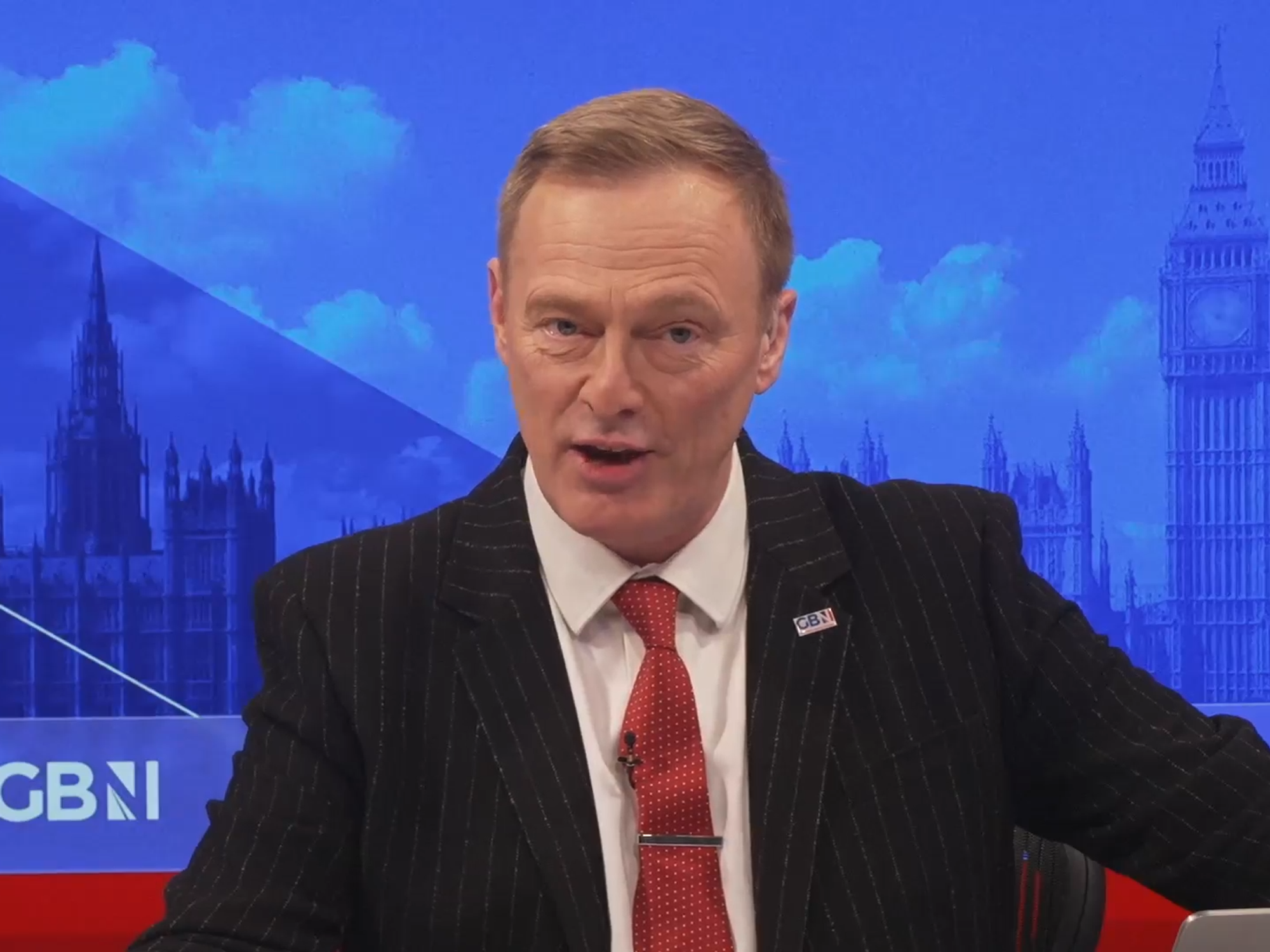Budget 2024: Rachel Reeves unveils major car tax changes for electric cars to 'support uptake of EVs'

Chancellor to maintain incentives for electric car uptakes in the UK
Don't Miss
Most Read
Latest
Chancellor Rachel Reeves has maintained the Benefit-in-Kind tax rate for electric cars in a move hoped to help more drivers make the switch.
In the Autumn Budget, Reeves announced that the existing incentives to use a company car will remain in place as the UK looks to push forward with its 2035 goal to have 100 per cent of new car sales be electric.
Benefit-in-kind (BiK) taxes are paid by employees in the form of a salary sacrifice for being able to use a company car and are deducted from payslips every month.
The discounted rate for electric cars which currently rises by one percentage point per year until 2027/28 across all tax bands will be maintained. This is different from the amounts petrol and diesel cars pay which will increase yearly until hitting 37 per cent.
Do you have a story you'd like to share? Get in touch by emailing motoring@gbnews.uk

Rachel Reeves announced that electric cars would see BiK rates maintained
|REUTERS
Reeves said: "We want to support the take up of electric vehicles. So, I will maintain the incentives for electric vehicles in company car tax from 2028 and increase the differential between fully electric and other vehicles in the first year rates of Vehicle Excise Duty from April 2025.
"These measures will raise around £400million by the end of the forecast period."
The announcement was met with cheers from members of the house, as well as a firm nod from Transport Secretary Louise Haigh.
The tax is based on the emissions output of the vehicle, with the tax system penalising more polluting vehicles through far higher rates, but as an incentive for more electric car uptakes, drivers have been given heavy reductions on the levy.
The previous Conservative Government set the BiK rate at two per cent for the 2022/23 tax year for electric cars as they do not produce harmful emissions.
In comparison, petrol and diesel cars pay a rate of up to 37 per cent depending on the CO2 emissions, with drivers paying a larger percentage of taxes.
This was confirmed to continue until the end of the end of the 2024/25 tax year, giving another benefit to electric cars over petrol and diesel models.
According to HMRC official documents detailed: "You'll pay tax if you or your family use a company car privately, including for commuting. You pay tax on the value to you of the company car, which depends on things like how much it would cost to buy and the type of fuel it uses."
On top of maintaining the incentives for electric cars, the Chancellor also announced more support for the manufacturing of EVs in the UK with millions given to gigafactories.
In response to the announcement, Paul Barker, editor of Auto Express, said: "Extending the company car benefit-in-kind and first-year Vehicle Excise Duty incentives for electric vehicles is handy from a transparency point of view, but won’t do anything to boost interest in a sector that needed a bigger initiative.
"And the huge rise in company car benefit-in-kind tax for hybrid cars from 2028 in particular is a real blow for that fuel type, and will ensure that only electric company cars are really viable from April 2028."
LATEST DEVELOPMENTS:

BiK taxes are paid by employees in exchange for using a company car
| GETTYJohn Wilmot, CEO of LeaseLoco, noted that while company car drivers benefit from reduced costs, "everyday consumers are left without the same level of encouragement to buy EVs".
He warned: "If the goal is to accelerate the adoption of electric vehicles and meet environmental targets, it’s essential to extend these incentives to the wider public."











